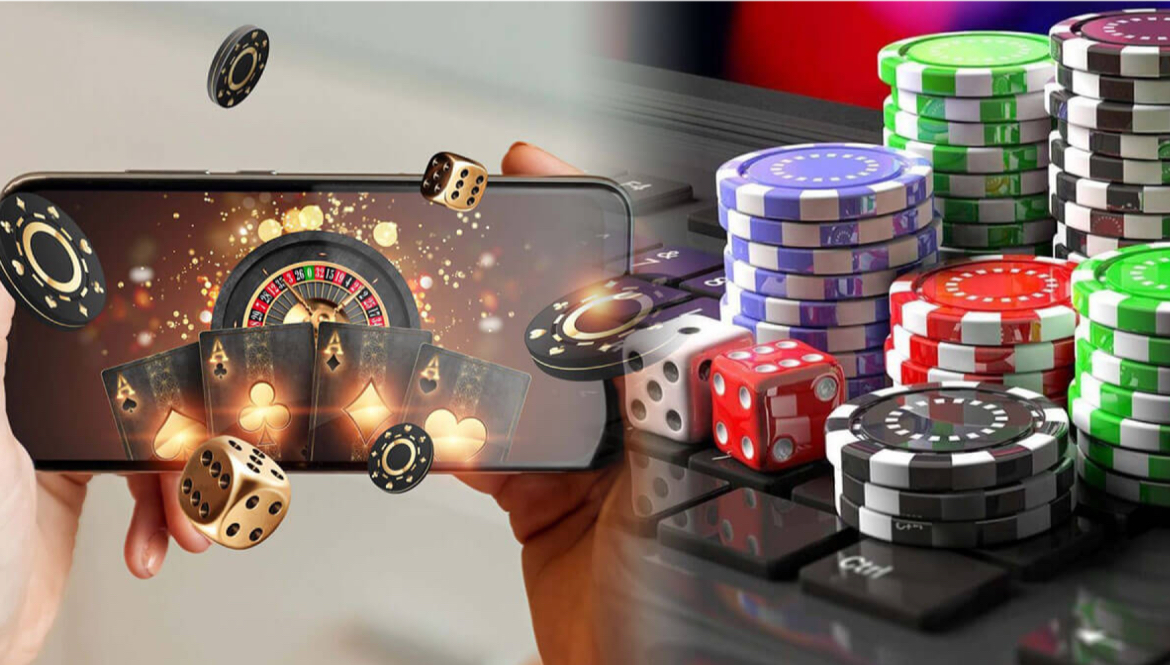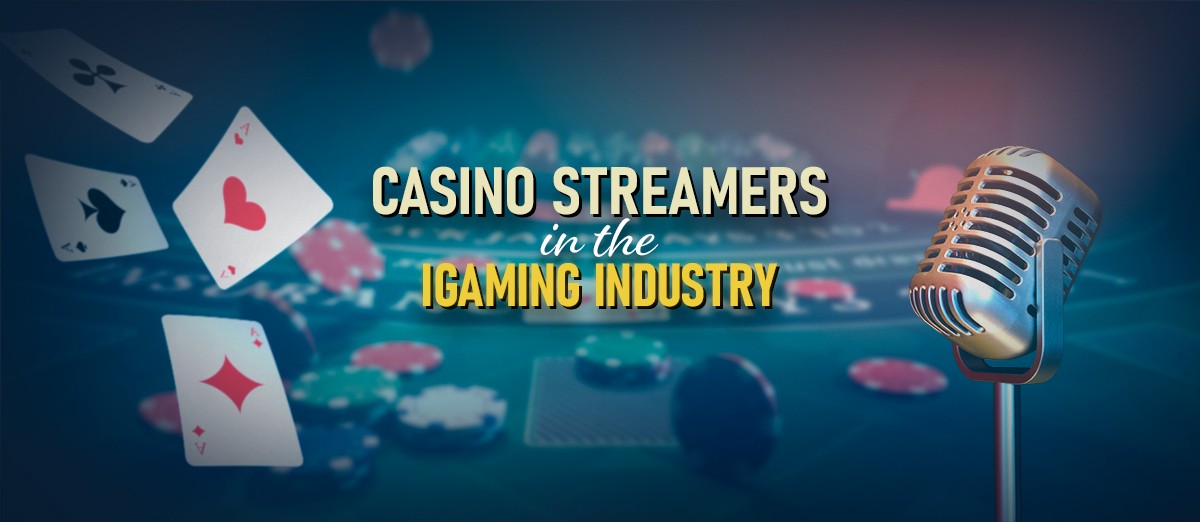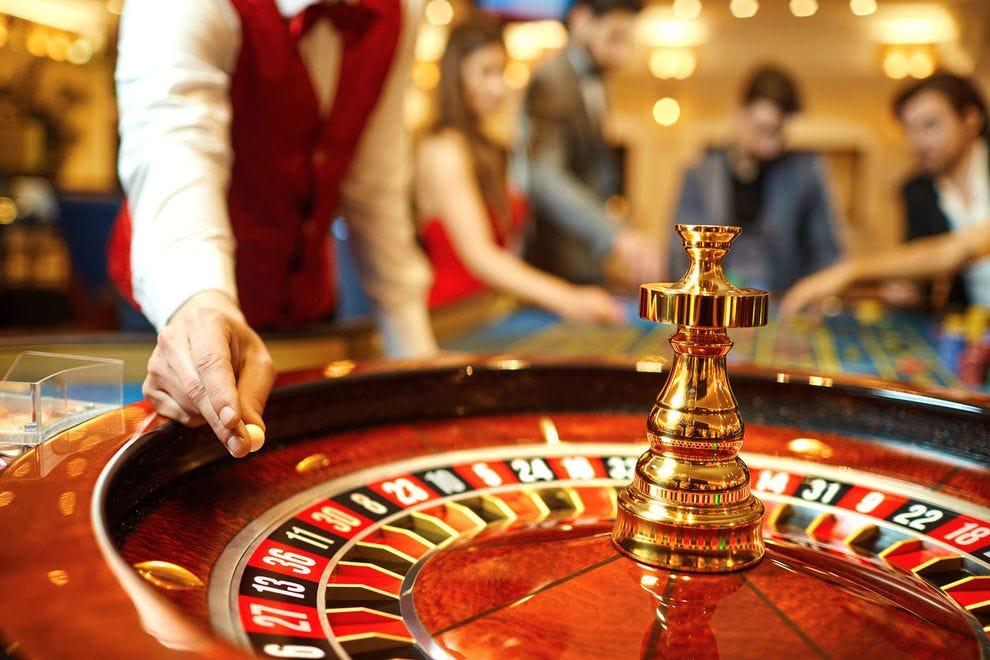When a Bet Feels Like an Eraser
There are nights when a mind stuffed with hard thoughts – an argument, a bill, a regret – seeks a cleaner page. You open a lobby, choose a game, and for a while the world narrows to spin, suspense, reveal. The hurt recedes. It can feel like memory is being rewritten. From the inside, betting becomes a way to replace yesterday’s bite with today’s bright. This experience happens in live rooms, on mobile, alone or in chats, whether your first stop was a review site or a portal like 5Gringos casino online. The sensation is striking: not denial, exactly, but a temporary re-shelving of pain while new, colorful micro-stories take its place.
This article explores that sensation with unusual rigor. We’ll map how memory actually works; why arousal, novelty, and suspense can crowd out – or appear to overwrite – unpleasant recollections; how interface choices amplify or soften the effect; and, crucially, how players can keep comfort from turning into concealment. We’ll finish with field-tested tools: micro-rituals, audits, and design ideas that protect freedom while honoring the facts of memory.
Memory 101 – The Parts We Forget About Remembering
Before we can talk about rewriting memory, we need a precise picture of how memories form, linger, and change.
Encoding → Consolidation → Reconsolidation
- Encoding: Your brain encodes experiences with help from attention, emotion, and novelty. The hippocampus builds an index; the amygdala tags salience, especially for threat or reward.
- Consolidation: Over hours to days (often during sleep), memories stabilize. Emotional memories consolidate more strongly.
- Reconsolidation: When you recall a memory, it becomes temporarily malleable – open to updates – before “restabilizing.” This window can strengthen, weaken, or alter a memory’s emotional tone.
Competition for Salience
Your brain prioritizes what matters right now. Highly salient events – uncertainty, novelty, potential reward – win the competition for attention and, therefore, for storage. In short: the present can overshadow the past not by erasing it, but by out-competing it in the spotlight and changing its context when it’s retrieved.
Why Gambling Grabs the Spotlight: Arousal, Uncertainty, Reward
Casino play (slots, cards, live tables) is a laboratory of factors that shout “Pay attention!”
- Uncertainty: Variable outcomes spike dopamine before results. Anticipation is the headline act.
- Immediate feedback: Every loop closes – press, suspense, reveal – providing fast learning and continuous micro-story arcs.
- Novelty & spectacle: Fresh themes, features, and animations keep prediction difficult and interest high.
- Control rituals: You choose stakes and pace; even when outcomes are random, agency feels present.
When an unpleasant memory intrudes, this cocktail draws attention away. The effect is less like deleting a file and more like opening a new app in full-screen mode.
The Illusion of the Eraser: From Displacement to “Rewrite”
How does displacement become a sense of rewriting? Three mechanisms often blend:
- State-Dependent Recall
Memories are easier to retrieve in similar physiological states. If stress produced a memory, a calm or focused play state makes it less accessible. Later, the brain misreads “harder to access” as “lighter.” - Reconsolidation with New Context
When a painful memory resurfaces during play (maybe a lyric or symbol triggers it) and is met with soothing arousal and small wins, the emotional tag can soften during reconsolidation. You didn’t delete the memory; you changed its color. - Narrative Substitution
A session provides a complete micro-story with a beginning, middle, and end – where you chose, waited, and saw. That story can become the night’s “official” record, pushing the unpleasant event to the footnotes.
In practice, players report: I slept better. That’s not magical thinking; it’s a side-effect of attentional redeployment plus a revised emotional tag.
The Analgesia of Action: Why Doing Feels Better Than Thinking
After a hard day, rumination hurts. Action – especially action with clear feedback – reduces rumination and induces flow:
- Time compression: Minutes shrink inside the loop; the brain encodes fewer distinct “scene cuts.”
- Cognitive load substitution: Suspense occupies working memory; worries have less bandwidth.
- Predictable cadence: The body loves rhythm. Bets create a metronome for attention, dampening emotional noise.
This is legitimate relief. The risk is when relief becomes numbing (speeding, raising stakes, auto-play) rather than soothing (pacing, pausing, clean endings). Numbing postpones; soothing processes.
Seven Ways Gambling Displaces Unpleasant Memories
- Attentional Capture: Bright cues, suspense, and sound hijack sensory priority. Pain waits outside the velvet rope.
- Arousal Masking: Elevated heart rate and dopamine tone reduce the felt intensity of negative affect – temporary analgesia.
- Micro-Mastery: Quick decisions restore a sense of competence, countering helplessness attached to the unpleasant memory.
- State Partitioning: The “play self” lives in a different physiological state; the “problem self” can’t easily intrude.
- Novelty Saturation: New features and themes saturate memory buffers, displacing rehearsal of the old story.
- Reward Overshadowing: Small wins and animations commandeer salience; the brain preferentially stores the shiny.
- Ritual Comfort: Repeatable sequences (hover, breathe, press) soothe the nervous system; discomfort fades to the periphery.
Each mechanism is normal and, in moderation, helpful. Together – and especially under fatigue or stress – they can create the illusion that yesterday is gone rather than shelved.
The Near-Miss Problem: When “Almost” Crowds Out “Actual”
Near-misses are mathematically losses but are often presented with warm color, slowed reels, or triumphant stings. Consequences:
- Category blur: The brain flags “important” without the corrective tag “loss,” keeping arousal high.
- Time squeeze: “Almost” begs for “again,” compressing minutes and blocking reflection.
- Memory inflation: Near-miss sequences become the night’s highlights, overshadowing both wins and yesterday’s pain, but not resolving either.
Ethical design keeps near-miss cues cool and brief so players can differentiate event from theater – and choose to pause.
Volatility and Memory: Choosing Your Emotional Editor
- Low volatility: Frequent small outcomes produce a gentle stream – good for steady distraction, less good for big narrative replacement.
- High volatility: Long quiet stretches punctuated by spikes create vivid anchors that can dominate the night’s memory.
Neither is inherently better; each edits your internal “highlight reel” differently. If your goal is to soothe rather than erase, the calmer stream often works better.
Culture’s Role: Why We Tell the Night a Different Way
We live in highlight-reel culture. Friends ask about “crazy wins,” not “quiet endings.” Social media rewards peaks and speed; long, measured exits rarely trend. Players learn to summarize the night by its most shareable frame. Over time, this social editing makes it feel like the painful memory was rewritten because the told story never includes it.
The antidote isn’t confession; it’s accurate private storytelling – a one-line note you write to your future self before feeds shape the narrative.
Case Vignettes (Composite, Realistic)
1) The Post-Argument Escape
T., 34, argues with a partner, then plays for 40 minutes. The suspense and rhythm soften the sting; sleep comes easier. The next day, the issue remains, but the hot feeling has cooled. Displacement gave space for a better talk.
2) The Work Error
E., 29, makes a bug that ships to production. She plays high-volatility slots and hits a flashy bonus. The bright spike becomes the night’s “headline,” pushing the mortification aside. Next week the work mistake still gnaws; the memory wasn’t rewritten – just overshadowed. She adds a post-session note to avoid narrative amnesia.
3) The Quiet Grief
M., 51, widower, uses nightly low-volatility play as a ritual. The steady cadence comforts; he logs his sessions and adds a “gratitude line.” For him, the goal isn’t erasing grief; it’s carrying it alongside a small, chosen story.
Where “Rewriting” Fails: The Memory Debt
Displacement is a kindness when it creates room to repair. It’s a debt when it becomes:
- Avoidance Learning: The brain pairs distress → play → relief. Triggers multiply; the intention to soothe becomes a reflex to flee.
- Emotional Blunting: Overuse of arousal can dull access to subtler feelings, making conflict resolution harder.
- Narrative Fragmentation: Nights have peaks but no coherent arc or endings; yesterday’s problems return, unprocessed.
These are warnings, not verdicts. They invite a recalibration of pace, ritual, and purpose.
Design with Dignity: Product Choices that Respect Memory
Platforms and game teams can support healthy displacement (soothing, not numbing) by:
- Proportionate Celebration: Reserve deep golds and longer animations for meaningful wins; keep micro-wins modest.
- Clear Categories: Distinct, cooler near-miss cues; unambiguous loss signals.
- Natural Intermissions: Gentle post-feature pauses (“Bank now?” “Breather?”) that make reflection easy.
- Dual Economy Display: Credits and currency visible to reduce “phantom money.”
- Stake-Up Friction: A half-second confirm, especially after spikes or losses, to interrupt hot-state reflexes.
- Exportable Ledgers: Make private audits effortless; future selves deserve honest records.
Design can’t rewrite memory, but it can help players avoid rewriting history.
A Player’s Toolkit for Memory-Aware Play
1) One-Sentence Intent (Before You Start)
“Tourist mode, 45 minutes, entertainment €X; exit on +€Y/–€Z or first feature after minute 30.”
This writes your ending in advance so the session doesn’t overwrite the day’s needs.
2) Persona Pick
Choose Strategist / Explorer / Socialite / Tourist. Every 10–15 minutes ask: “Am I still playing as the persona I chose?” Identity consistency protects meaning.
3) Win/Loss 10-Second Ritual
Mute → inhale → exhale → screenshot → bank (or not) → one tag for the ledger (“calm,” “rushed,” “soothe”). You’re training memory to store how it felt, not only what happened.
4) Dual Display On
Keep both credits and currency on screen. Concrete value curbs dissociation and supports clear recall.
5) Event-Linked Exits
Tie endings to non-negotiables:
- First feature after minute X
- Second clear peak of the session
- Two near-misses post-win or post-loss → pause
Events are harder to argue with than moods.
6) Night Rules
After 22:00, shrink sessions and volatility; never chain “revenge” chapters. Fatigue rewrites nothing – it just hides it.
7) Post-Session Note (30 Seconds)
One sentence: “Ended –€40, calm; argument feels cooler; will revisit tomorrow 8pm.”
This protects tomorrow’s clarity from tonight’s glamour.
Micro-Experiments (Fast, Revealing)
- Grayscale Audit (5 minutes): Switch the device to grayscale. If urges drop, color was carrying the displacement; choose calmer palettes next time.
- Near-Miss Naming (10 times): Whisper “loss” after each near-miss. Watch urgency convert into choice.
- Stake-Change Gate (10 seconds): Finger off the button, count to ten before any stake change – especially when upset. Pass the gate or end.
- Two-Peak Rule (One session): End on the second clearly positive spike. Stopping will feel like completing a pattern rather than cutting one short.
- Recall Gap Check: Write your net from memory, then check the ledger. The difference is your narrative bias. Shrink it with tags and screenshots.
Frequently Asked Questions
Does gambling actually “rewrite” memory?
Not in a literal, erasing sense. It displaces attention, can soften emotional tags during reconsolidation, and substitutes a new story for the night. The original memory remains; its feel may change.
Is that inherently bad?
No. Displacement that creates space to repair is adaptive. The risk is avoidance: when play becomes the only way you manage discomfort.
How do I keep soothing from turning into numbing?
Pacing, pauses, and pre-declared endings. If you need speed or stake increases to “feel okay,” you’re numbing. If you can breathe, note, and end – soothing.
Will tracking ruin the vibe?
Most players report the opposite: brief notes deepen satisfaction, make wins feel like events, and keep nights memorable for the right reasons.
What if I always feel better only while playing?
That’s a signal to widen your toolkit – exercise, calls, music, short journaling – so play isn’t your only balm. Consider cooling-off periods if life tasks slip.
Red Flags & Green Lights
Red Flags (time to pause):
- Hiding sessions or stakes from affected people
- Playing primarily to stop thinking about a persistent problem
- Frequent stake increases after stress
- “I’ll fix it by winning it back” narratives
- Post-session amnesia (can’t recall your net or duration)
Green Lights (healthy displacement):
- One-sentence intent and event-linked exits
- Dual display and quick notes
- Ability to scale stakes down without ego friction
- Clean curtain call (withdraw → music → close)
- Nights that end on time – and feel like endings
Responsible Play, Always
Gambling is entertainment. It is not a substitute for financial recovery, therapy, or reconciliation. If you notice secrecy, chasing, borrowing to play, skipped obligations, or a felt inability to stop, use cooling-off tools, reduce limits, or seek professional support in your region. The best story is the one you can retell with clarity and pride.
Conclusion – Keep the Comfort, Keep the Truth
Betting can feel like a way to rewrite memory because it wins the attentional contest, adds bright new anchors, and sometimes softens the emotional tags of yesterday’s hurts. That’s not a trick; it’s how brains handle salience, suspense, and story. The danger is forgetting that “lighter” doesn’t mean “gone.” Comfort becomes costly when it replaces repair.
The good news is simple and strong: write your ending before you begin. Choose your persona. Breathe on the hinge moments. Let events, not urges, decide exits. Take one line of notes so tomorrow’s truth survives tonight’s color. And if you build products, build for dignity: clear categories, honest cues, gentle intermissions, and exits that feel like a standing ovation.
Do this, and gambling stops pretending to erase the past. It becomes what it should be – one bright chapter, bounded and chosen, that coexists with the rest of your life without trying to overwrite it.





